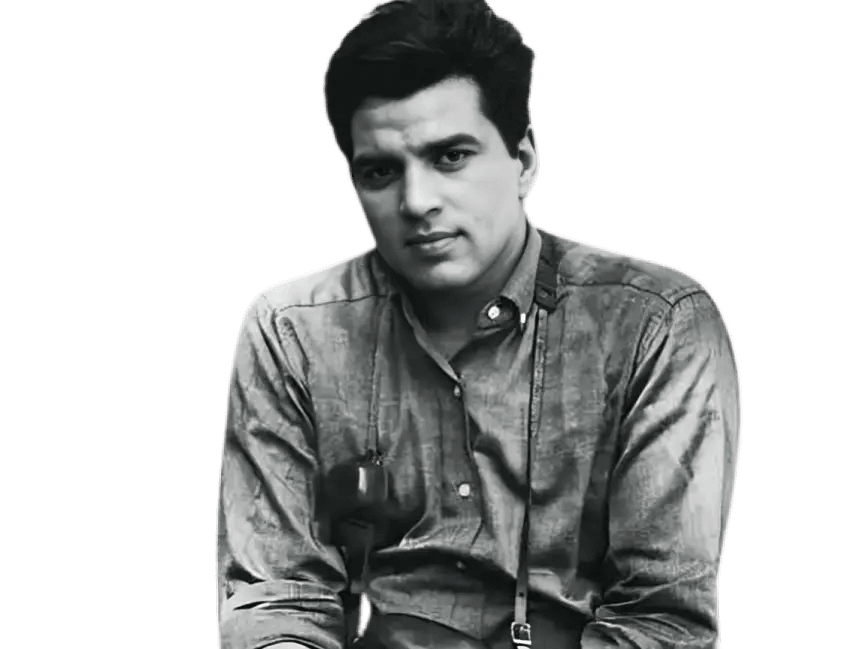Saif Ali Khan Life Of Biography

Saif Ali Khan, born into a legacy of royalty and cinema, stands as a dynamic force in Bollywood. With his sharp features, aristocratic charm, and versatile acting skills, Saif has carved his own niche distinct from his contemporaries. From his aristocratic roots to his commercial and critical success in Indian cinema, his journey reflects transformation, experimentation, and longevity.
Saif Ali Khan Early Life and Background
Full Name: Sajid Ali Khan Pataudi
Date of Birth: August 16, 1970
Place of Birth: New Delhi, India
Father: Mansoor Ali Khan Pataudi (Nawab of Pataudi, Indian cricket team captain)
Mother: Sharmila Tagore (Renowned Bollywood actress)
Siblings: Soha Ali Khan (actress), Saba Ali Khan (jewelry designer and mutawalli of the Auqaf-e-Shahi)
Born into the prestigious Pataudi family, Saif’s upbringing was an intersection of glamour and tradition. His paternal lineage includes Nawabs of Pataudi, while his maternal roots trace back to the legendary Tagore family.
Saif Ali Khan Education
Saif Ali Khan received his early education at The Lawrence School, Sanawar, one of India’s most prestigious boarding schools. He later transferred to Lockers Park School in Hertfordshire, UK, and then attended the renowned Winchester College, an elite private school in England.
Though he did not pursue a formal university degree, Saif developed a keen interest in literature and the arts during his time in the UK. His Western education contributed significantly to his polished persona and fluency in English, which later played a crucial role in shaping his urbane on-screen image.
Saif Ali Khan Entry into Bollywood
Saif made his Bollywood debut with “Parampara” (1993) directed by Yash Chopra, though the film didn’t perform well at the box office. However, his boyish charm and on-screen presence quickly attracted attention.
He rose to prominence with “Main Khiladi Tu Anari” (1994) and “Yeh Dillagi” (1994) opposite Akshay Kumar and Kajol, respectively. These films were commercial hits and helped Saif earn a reputation as a youthful, romantic actor.
Career Timeline and Major Works
1990s: The Lover-Boy Era
Saif Ali Khan was primarily seen in multi-starrers during the 90s. Some key films from this period include:
- Main Khiladi Tu Anari (1994)
- Yeh Dillagi (1994)
- Hum Saath-Saath Hain (1999)
Though he was often overshadowed by his co-stars, his comic timing and affable persona remained consistent.
2000s: Reinvention and Stardom
This decade saw a significant transformation in Saif’s career.
- Dil Chahta Hai (2001) – This film was a turning point. As Sameer, Saif’s light-hearted, relatable character won hearts and proved he could shine in ensemble casts.
- Kal Ho Naa Ho (2003) – Another blockbuster, where Saif played the charming friend who falls for the same girl as his best friend.
- Hum Tum (2004) – Marked Saif’s first solo commercial success and won him the National Film Award for Best Actor.
- Parineeta (2005) and Salaam Namaste (2005) – Showcased his ability to balance intense roles with urban coolness.
- Omkara (2006) – As Langda Tyagi, Saif stunned audiences with a negative role, earning critical acclaim and multiple awards.
- Race (2008) – Cemented his position as a commercial hero with action appeal.
2010s: Experimentation and Production
In this phase, Saif began experimenting more with genres and also ventured into film production.
- Love Aaj Kal (2009) – A romantic drama that further established his versatility.
- Agent Vinod (2012) – Produced under his banner but underperformed.
- Go Goa Gone (2013) – India’s first zombie comedy.
- Chef (2017) and Laal Kaptaan (2019) – Although not commercial hits, these showcased his acting depth.
2020s: The OTT Resurgence
Saif adapted swiftly to the digital wave.
- Sacred Games (2018–2019) on Netflix was a massive hit, where Saif played Inspector Sartaj Singh. The gritty role marked his OTT debut and won him new audiences.
- Tandav (2021) on Amazon Prime further cemented his digital success.
Saif Ali Khan Personal Life
Saif Ali Khan was first married to actress Amrita Singh in 1991. They had two children: Sara Ali Khan and Ibrahim Ali Khan. The couple divorced in 2004.
In 2012, he married actress Kareena Kapoor Khan. They have two sons:
- Taimur Ali Khan (born 2016)
- Jehangir Ali Khan (born 2021)
Saif is known for maintaining cordial relations with his children from both marriages and supports them in their careers.
Social Media Handles
While Saif Ali Khan himself is not active on social media, his presence is felt through fan accounts and his wife Kareena Kapoor’s updates.
However, his children – especially Sara Ali Khan (@saraalikhan95) and Ibrahim Ali Khan (@iakpataudi) – maintain active and verified Instagram profiles.
There are numerous fan pages dedicated to him across platforms like:
- Instagram: @saifalikhanonline
- Facebook: /saifalikhanofficial
- Twitter: Not officially on Twitter, but hashtags like #SaifAliKhan trend regularly.
Saif Ali Khan Net Worth and Lifestyle
As of 2025, Saif Ali Khan’s estimated net worth is around INR 1300 crore (approx. USD 150 million).
Sources of Income:
- Film Fees – Charges ₹8–15 crore per film depending on the budget.
- OTT Appearances – Earned reportedly ₹10 crore for “Sacred Games” alone.
- Endorsements – Brands like Lays, Airtel, Asian Paints, and Royal Stag.
- Production Ventures – His company Illuminati Films and Black Knight Films.
- Ancestral Wealth – Saif inherited vast royal properties, including the Pataudi Palace, valued at ₹800 crore.
Assets and Lifestyle:
- Pataudi Palace (Haryana): A sprawling mansion turned luxury retreat.
- Luxurious Homes: In Mumbai and Switzerland.
- Car Collection: Includes Audi R8, BMW 7 Series, Range Rover Vogue, and Ford Mustang.
- Luxury Watches: Saif is known to have a vast collection of expensive watches, including Rolex, Cartier, and Audemars Piguet.
Business Ventures
- Illuminati Films
Founded in 2009 with Dinesh Vijan, the company produced hits like:
- Love Aaj Kal (2009)
- Cocktail (2012)
Vijan later moved on to start Maddock Films, but Saif continued independently.
- Black Knight Films
This is Saif’s solo banner. It aims to focus on experimental cinema. Projects under this include:
- Laal Kaptaan (2019)
- Upcoming web and film content
- Royalty-Based Income
As a titular Nawab of Pataudi, Saif does not have administrative power, but his royal image and inheritance play a large part in his brand value. The Pataudi Palace, though rented to Neemrana Hotels at one point, was reacquired by Saif for personal use.
- Real Estate Investments
Saif and Kareena have reportedly invested in properties in Mumbai, Gstaad (Switzerland), and London.
Awards and Honors
- National Film Award – Best Actor for Hum Tum (2004)
- Filmfare Awards – 6 wins including Best Supporting Actor and Best Comedian
- Padma Shri – Awarded in 2010 for his contribution to Indian cinema
Philanthropy
Saif is low-key but actively supports charitable causes:
- Donations to children’s education and healthcare.
- Participation in charity cricket matches and fundraising concerts.
- Supported COVID-19 relief efforts in 2020.
Legacy and Cultural Impact
Saif Ali Khan’s contribution to Bollywood is unique. While many labeled him as “Nawab” or “chocolate boy” early on, he worked hard to break stereotypes. He’s among the few actors who transitioned successfully into grey and layered roles.
His willingness to take risks – from Omkara to Sacred Games – set him apart from conventional Bollywood heroes. Moreover, his ability to balance commercial cinema with artistic ventures shows his dedication to the craft.
Conclusion
From a royal heir to a self-made actor in India’s competitive film industry, Saif Ali Khan’s journey is one of reinvention, resilience, and royalty. Whether playing a lover, a villain, or a cop, Saif’s screen presence and off-screen charm have made him an enduring figure in Indian pop culture.
With a dynamic personal life, successful business ventures, and a strong lineage, Saif continues to be one of Bollywood’s most intriguing personalities, promising more impactful performances in the years to come.



8 thoughts on “Saif Ali Khan – A Royal Star of Bollywood”